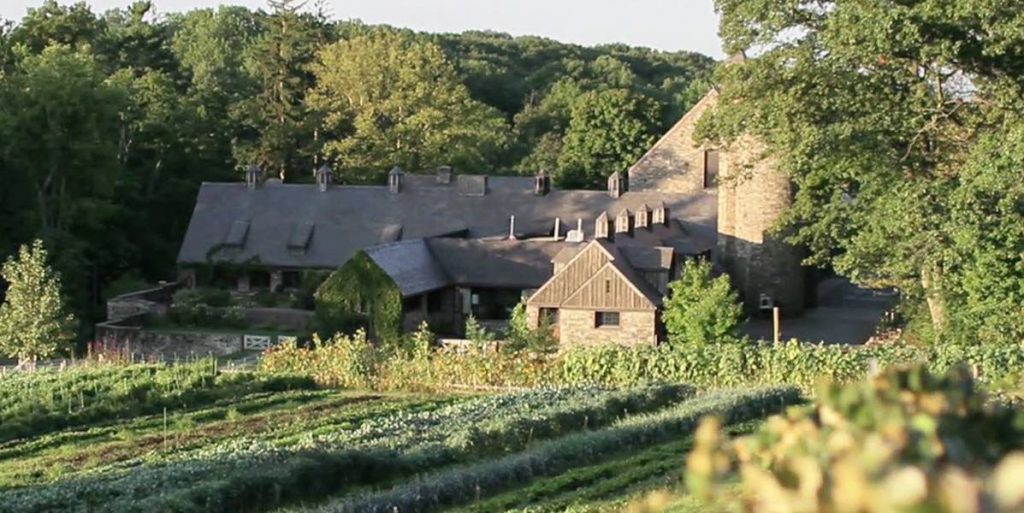Ep. 25: Congressman Seth Moulton – Massachusetts Sixth District ||
On episode 25 we welcome Congressman Seth Moulton of Massachusetts 6th District. Since taking office in 2015, Rep. Moulton has been introducing innovative policy and ideas to benefit those he represents, and the region he’s from. Probably best known on a national level for his voice of resource in addressing gun violence and just ownership laws, to many of his constituents North of Boston – he’s well known as a jobs creator and champion of a modern fishery.
.
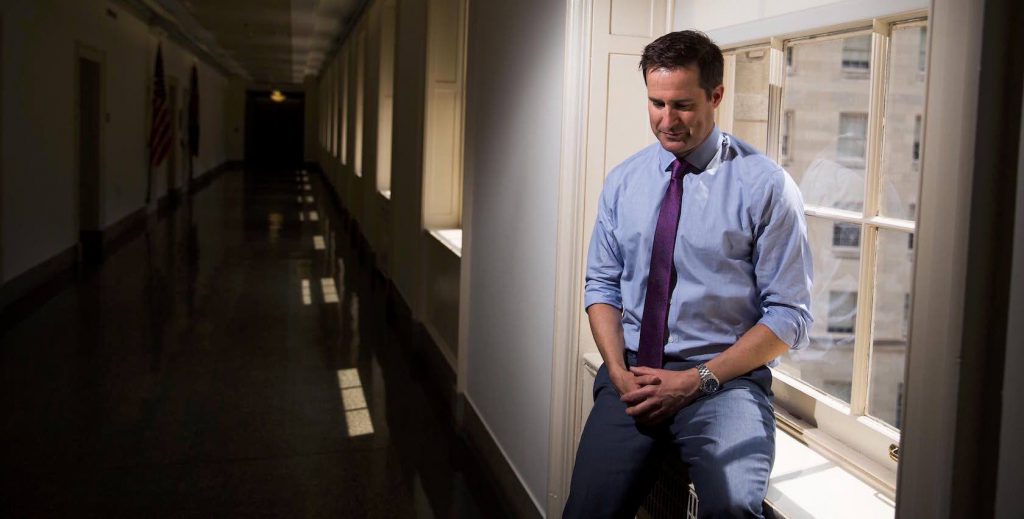
I first connected with Moulton’s team a few years back when they hosted Monica Jain and the Fish2.0 Northeast Hub near their offices in Salem, MA. Since then, Seth Moulton has taken his commitment to responsible fisheries and regenerative ocean farming back to DC with the introduction of the 2017 “The Young Fisherman’s Development Act”. This bi-partisan bill co-authored with Republican Don Young of Alaska looks to empower those working on waterfronts and oceans of tomorrow. You see, too often folks look at US fisheries, especially in the Northeast, as an oppressed and declining industry. Congressman Moulton and his team have a different perspective.
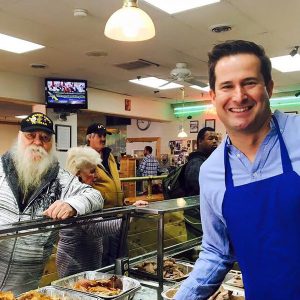 In our 30 minute conversation we evaluate the capacity of including fisherman and ocean farmers in future US Farm bills. For clarity, 80% of the resources of the proposed 2018 Farm bill will be allocated to SNAP (Supplemental Nutrition Assistance Program) aka. food stamps. This national program of a 1/2 of trillion dollars which arises every five years is in fact our shared domestic food plan, and it drastically under represents our population densities in coastal cities. The inclusion of fisheries & seafood not only adds a voice to the food plan for our largest populations, and guarantees more high-quality food for more in need of SNAP, but it gives our fisherman the same war chest to deal with impending environmental change as we currently employ with many terrestrial food producers. Effectively, we discuss how this pragmatic approach to introduce multiple returns to diverse stakeholders seems realistic under new and future leadership.
In our 30 minute conversation we evaluate the capacity of including fisherman and ocean farmers in future US Farm bills. For clarity, 80% of the resources of the proposed 2018 Farm bill will be allocated to SNAP (Supplemental Nutrition Assistance Program) aka. food stamps. This national program of a 1/2 of trillion dollars which arises every five years is in fact our shared domestic food plan, and it drastically under represents our population densities in coastal cities. The inclusion of fisheries & seafood not only adds a voice to the food plan for our largest populations, and guarantees more high-quality food for more in need of SNAP, but it gives our fisherman the same war chest to deal with impending environmental change as we currently employ with many terrestrial food producers. Effectively, we discuss how this pragmatic approach to introduce multiple returns to diverse stakeholders seems realistic under new and future leadership.
.
The Clean Cold Waters of the protected North Atlantic provides some of the best and healthiest food in the world. Our well regarded fisherman and ocean farmers who manage these waters deserve to be celebrated for their craft and unique stewardship of these natural resources. With these natural gifts bestowed upon us, and our approach in managing our Marine Ecosystem over the last 50 years – we provide diverse offerings, and the knowledge of how to interject an innovation economy into a longstanding but stagnant industry to meet a changing environmental and consumer landscape.
@SethMoulton


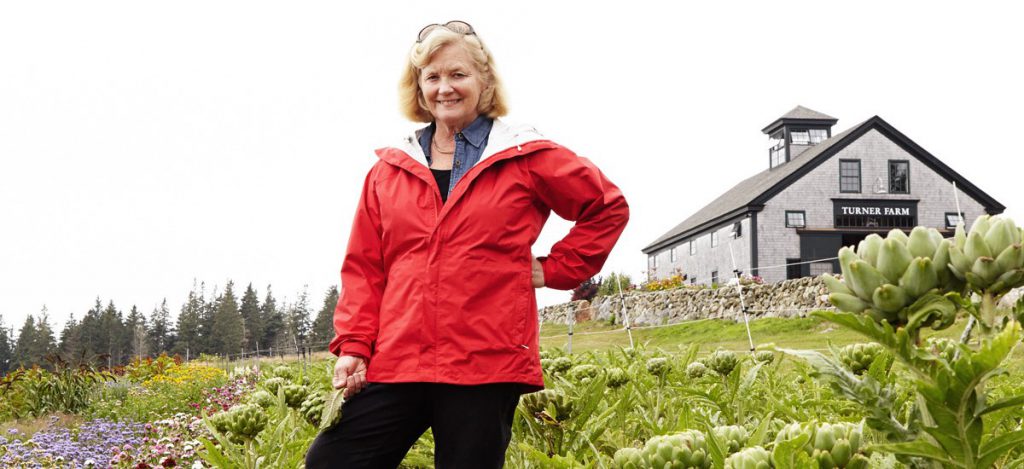
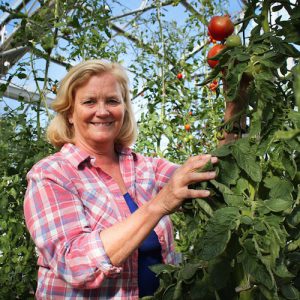 Truth is, a good portion of our discussion focused on the beautiful State of Maine. Once, and what could again be the fulcrum of the regional food system of the Northeast, Maine has an agricultural linage dating back to the beginning of the Union. 3500 miles of coastline boasting access to a bounty of some of the cleanest waters and seafood in the world. Through this, Maine could cast a long shadow in future bio-regional economies. Pingree embraces systems thinking on her farmstead & Inn in Maine, and in the other House – on The Hill, 600 miles south.
Truth is, a good portion of our discussion focused on the beautiful State of Maine. Once, and what could again be the fulcrum of the regional food system of the Northeast, Maine has an agricultural linage dating back to the beginning of the Union. 3500 miles of coastline boasting access to a bounty of some of the cleanest waters and seafood in the world. Through this, Maine could cast a long shadow in future bio-regional economies. Pingree embraces systems thinking on her farmstead & Inn in Maine, and in the other House – on The Hill, 600 miles south.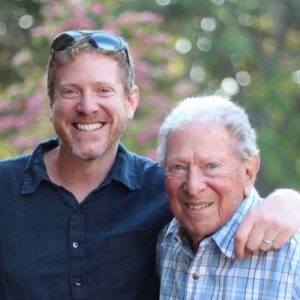 Producing Châteauneuf-du-Pape style Rhone wines native to the Southeast Corner of France, today we welcome Partner and General Manager of Tablas Creek Winery Jason Haas to Sourcing Matters. Situated squarely between San Francisco & Los Angeles, Jason’s family began their California winery in 1989 using elevated practices that focused on Organic and regenerative in effort to benefit their soils, and the flavor of their wines. Now, producing 360,000 bottles a year of biodynamic and diverse vitas – Tablas Creek has established themselves as a desired brand that engages consumers and progresses the industry through their commitment to producing world-class wine.
Producing Châteauneuf-du-Pape style Rhone wines native to the Southeast Corner of France, today we welcome Partner and General Manager of Tablas Creek Winery Jason Haas to Sourcing Matters. Situated squarely between San Francisco & Los Angeles, Jason’s family began their California winery in 1989 using elevated practices that focused on Organic and regenerative in effort to benefit their soils, and the flavor of their wines. Now, producing 360,000 bottles a year of biodynamic and diverse vitas – Tablas Creek has established themselves as a desired brand that engages consumers and progresses the industry through their commitment to producing world-class wine.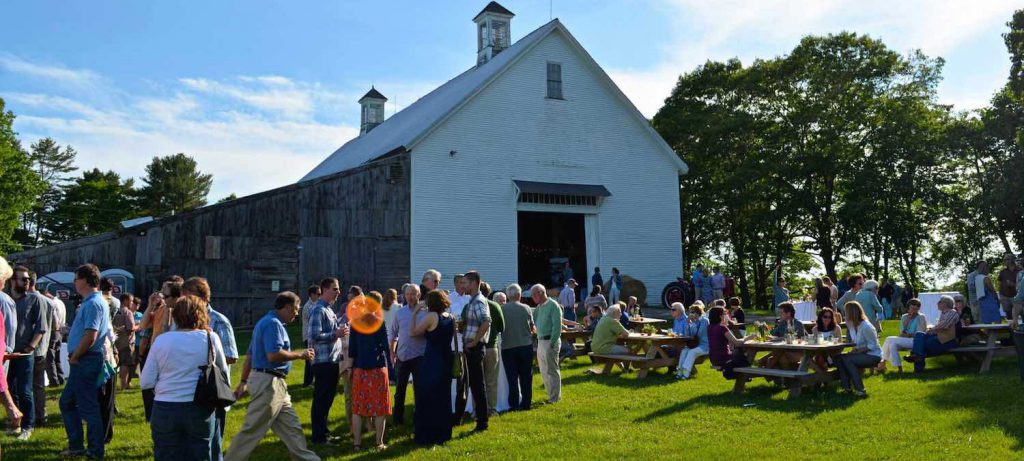
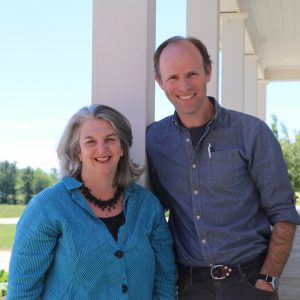 Joining for episode 22 of Sourcing Matters we welcome Dave Herring: Executive Director at Wolfe’s Neck Center; and Fiona Wilson, Chair of the Board at Wolfe’s Neck, and ED at Center for Social Innovation and Enterprise, Asst. Prof. at UNH’s Paul College of Business.
Joining for episode 22 of Sourcing Matters we welcome Dave Herring: Executive Director at Wolfe’s Neck Center; and Fiona Wilson, Chair of the Board at Wolfe’s Neck, and ED at Center for Social Innovation and Enterprise, Asst. Prof. at UNH’s Paul College of Business.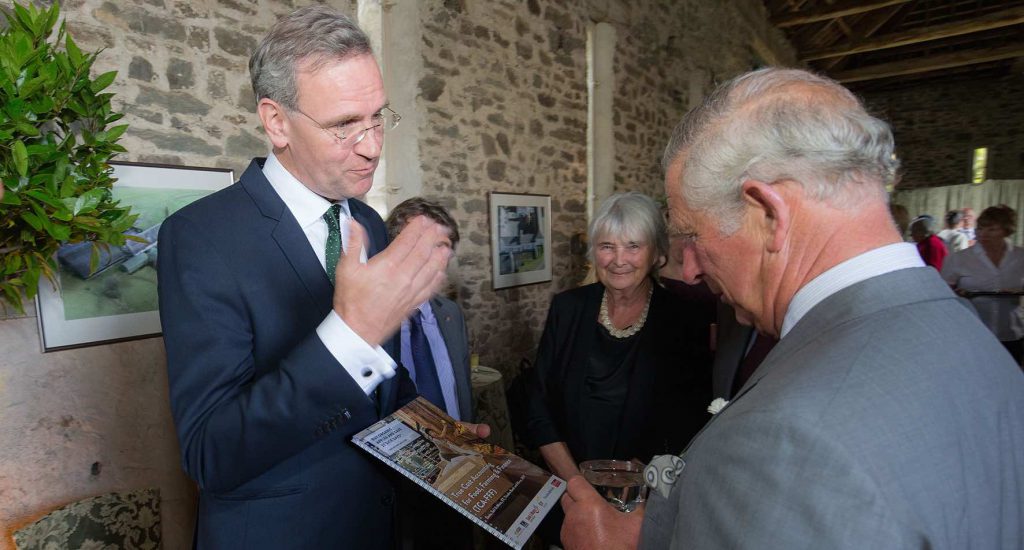
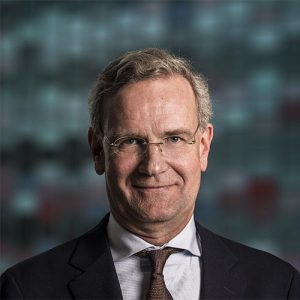 Along with the UN and Ernst & Young – Volkert Engelsman and the team at EOSTA have levered the Nature & More framework to prove healthier & cleaner food has greater value than the cheap stuff. The pilot program has been labeled “True Cost Accounting for Food, Farming & Finance”. We learn that French Government has calculated a 54b Euro impact of externalized costs from contamination on the water supply and environmental impact tied to conventional food production. More over, the UN calculates $2.8 Trillion of environmental externalized costs and $2.1 Trillion in social damage tied to extractive models of agriculture. Engelsman explains that’s about the equivalent of the total revenues of all food products from around the world. “The report makes clear that organic food is not too expensive, but rather conventional food is too cheap.” – details Engelsman.
Along with the UN and Ernst & Young – Volkert Engelsman and the team at EOSTA have levered the Nature & More framework to prove healthier & cleaner food has greater value than the cheap stuff. The pilot program has been labeled “True Cost Accounting for Food, Farming & Finance”. We learn that French Government has calculated a 54b Euro impact of externalized costs from contamination on the water supply and environmental impact tied to conventional food production. More over, the UN calculates $2.8 Trillion of environmental externalized costs and $2.1 Trillion in social damage tied to extractive models of agriculture. Engelsman explains that’s about the equivalent of the total revenues of all food products from around the world. “The report makes clear that organic food is not too expensive, but rather conventional food is too cheap.” – details Engelsman.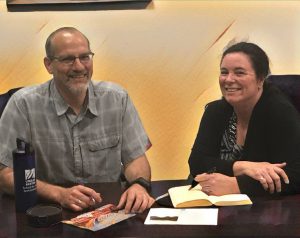 Over 70% of our planet is blue. Unfortunately, these oceans have become a trash receptacle over the past 50 years, and it appears we’re running out of never-never-land to throw-out our growing waste stream. You see, in that same half century time period – human population has skyrocketed from 3.5 billion to 7 billion. Single-use non-biodegradable plastics are now everywhere; even forming its own landmass! And, that’s just the beginning…
Over 70% of our planet is blue. Unfortunately, these oceans have become a trash receptacle over the past 50 years, and it appears we’re running out of never-never-land to throw-out our growing waste stream. You see, in that same half century time period – human population has skyrocketed from 3.5 billion to 7 billion. Single-use non-biodegradable plastics are now everywhere; even forming its own landmass! And, that’s just the beginning…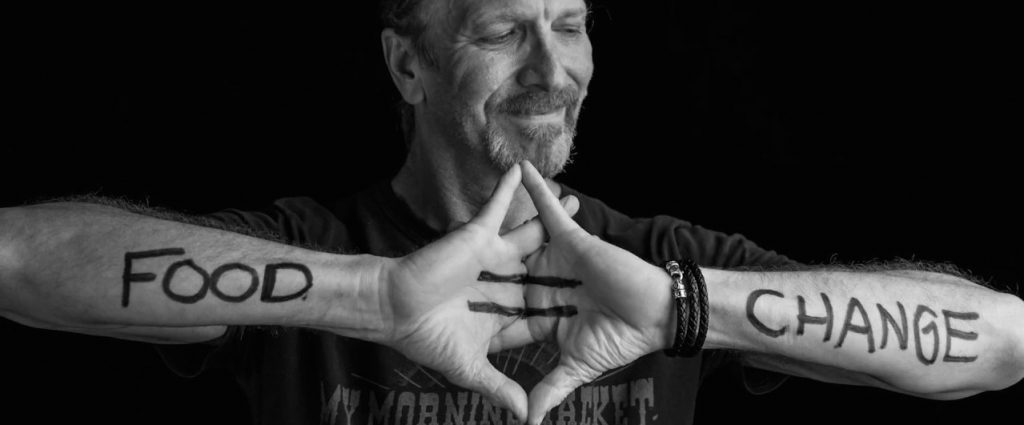
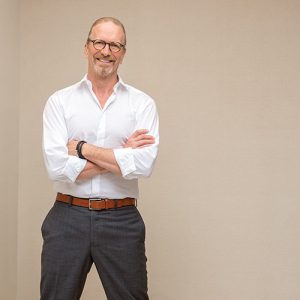 The entire hour of our conversation is well worth a listen. But, if you have only 10 minutes to lend an ear – tune-in to hear the power of Michel’s words and the emotional description of his dear friends Paul Newman and Gus Schumacher. Both influential allies; both impressive leaders; both iconoclasts who’ve have disrupted by leaving this place much better than they had found it.
The entire hour of our conversation is well worth a listen. But, if you have only 10 minutes to lend an ear – tune-in to hear the power of Michel’s words and the emotional description of his dear friends Paul Newman and Gus Schumacher. Both influential allies; both impressive leaders; both iconoclasts who’ve have disrupted by leaving this place much better than they had found it.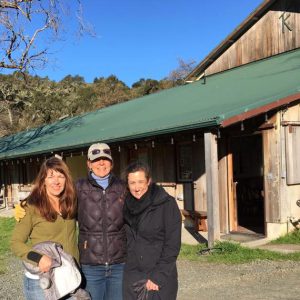 Today I’m joined by two knowledgeable thought leaders pioneering a better food movement sprawling from coast to coast, and everywhere in-between. On episode 18 of Sourcing Matters Wendy Millet – Director of Tomkat Ranch research center, and Jill Isenbarger – CEO of Stone Barns Center discuss all important topics ranging from circular economies, holistic management, food & Agtech, and more which have begun casting a long shadow over a quickly changing domestic food landscape.
Today I’m joined by two knowledgeable thought leaders pioneering a better food movement sprawling from coast to coast, and everywhere in-between. On episode 18 of Sourcing Matters Wendy Millet – Director of Tomkat Ranch research center, and Jill Isenbarger – CEO of Stone Barns Center discuss all important topics ranging from circular economies, holistic management, food & Agtech, and more which have begun casting a long shadow over a quickly changing domestic food landscape. 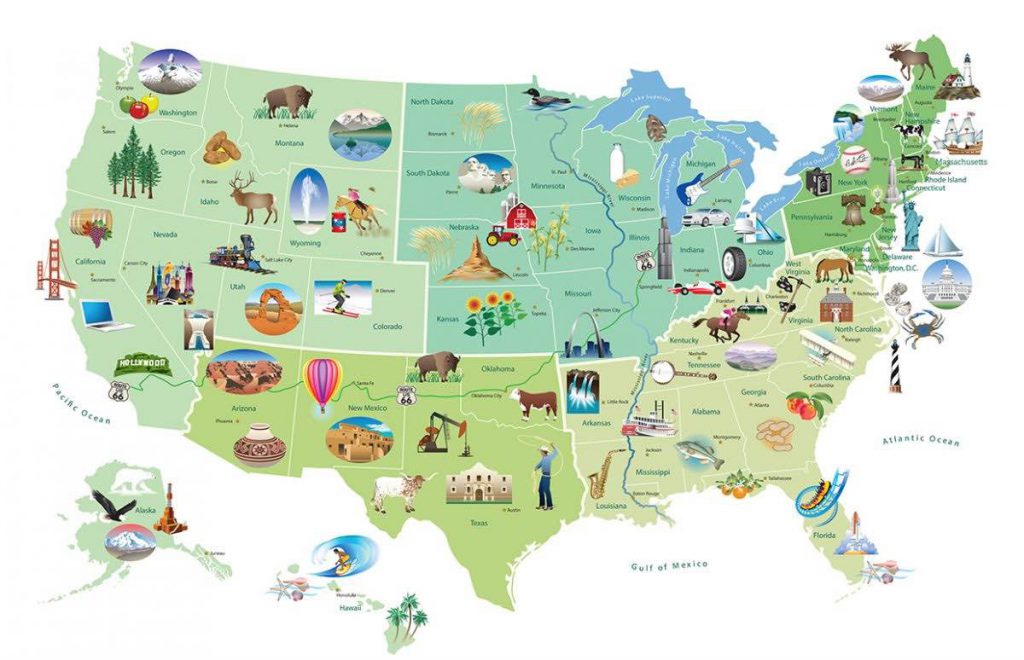
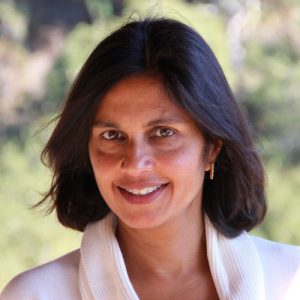 Perpetually coaching and facilitating founders amongst her wide net, Jain evaluates a diverse spectrum of concepts ranging from supply chain transparency & traceability – to- next gen gear tech – to- smart and biomimetic fish meal for aquaculture – to – big data efficiencies reducing waste and deadloss. Now, traveling the globe to instigate innovation throughout future fisheries, Jain uses regional think-tanks and gatherings of industry experts with entrepreneurs to foster growth in a stagnant and often detrimental industry. Culminating with an annual onsite business competition at Stanford – Fish2.0 has quickly become the hub of innovation economies for the best-of-the-best in global fisheries, ocean farming and aquaculture.
Perpetually coaching and facilitating founders amongst her wide net, Jain evaluates a diverse spectrum of concepts ranging from supply chain transparency & traceability – to- next gen gear tech – to- smart and biomimetic fish meal for aquaculture – to – big data efficiencies reducing waste and deadloss. Now, traveling the globe to instigate innovation throughout future fisheries, Jain uses regional think-tanks and gatherings of industry experts with entrepreneurs to foster growth in a stagnant and often detrimental industry. Culminating with an annual onsite business competition at Stanford – Fish2.0 has quickly become the hub of innovation economies for the best-of-the-best in global fisheries, ocean farming and aquaculture. 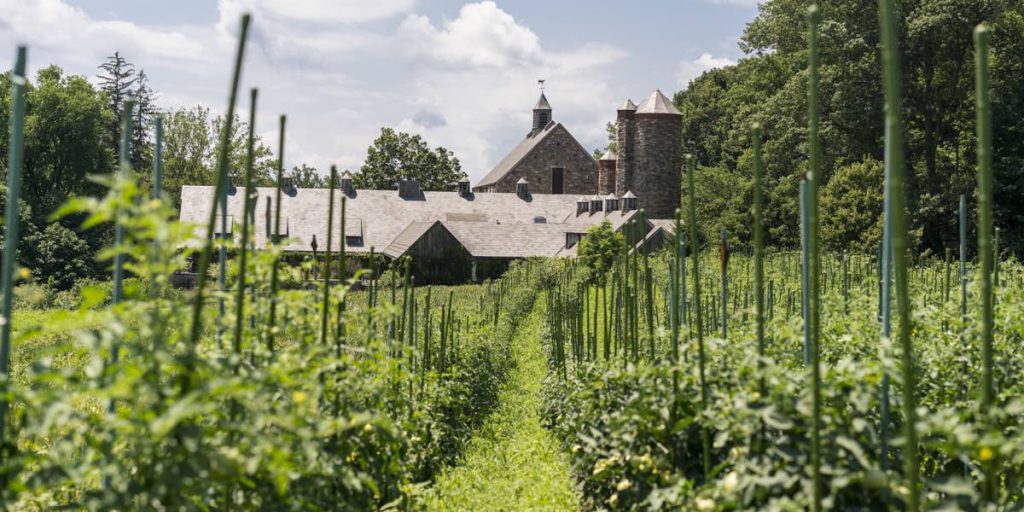
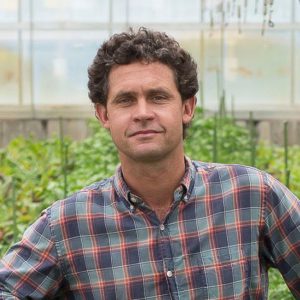 The goal of this agricultural research and educational epicenter in West Chester NY is to cast a large shadow on consumers and producers alike through better connecting more to natural order through the food we eat. There are many challenges of this type of agritourism on a working farm, but Jack takes them all in stride – stating: “We can only look ahead. If people engage in food; if they ask for, and demand more – we can change the food system together.” Algiere continues, “Where do we learn this stuff? On the small, beautiful farms we can all access.”
The goal of this agricultural research and educational epicenter in West Chester NY is to cast a large shadow on consumers and producers alike through better connecting more to natural order through the food we eat. There are many challenges of this type of agritourism on a working farm, but Jack takes them all in stride – stating: “We can only look ahead. If people engage in food; if they ask for, and demand more – we can change the food system together.” Algiere continues, “Where do we learn this stuff? On the small, beautiful farms we can all access.”